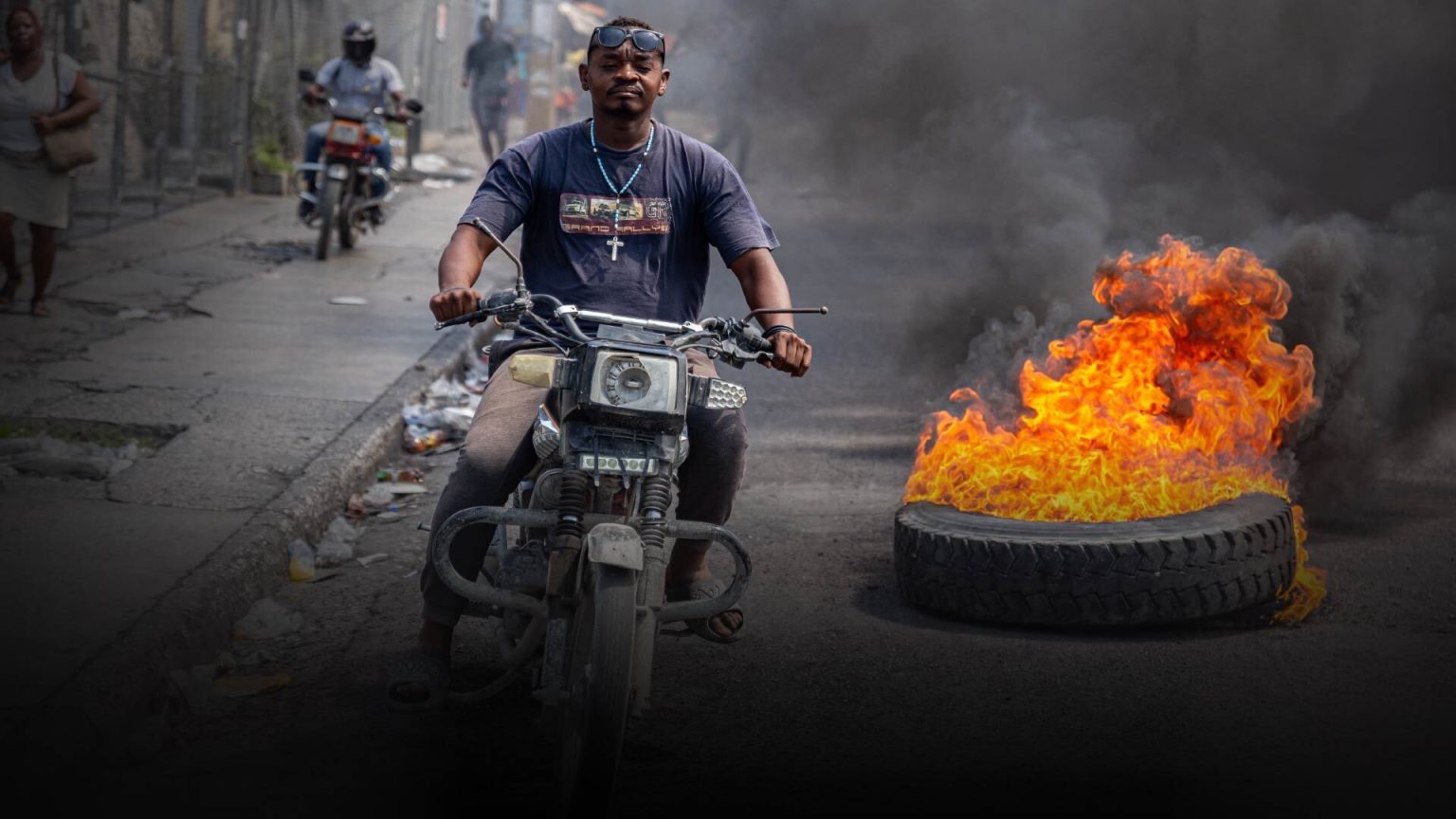Haiti is currently experiencing a violent upheaval, with armed gangs taking control of 80 percent of the capital city, Port-au-Prince, and the Prime Minister being locked out of the country. This has led to his resignation and a state of emergency being declared, along with a nighttime curfew. However, the humanitarian crisis in Haiti is escalating, with thousands of people internally displaced. There are discussions about potential foreign intervention to help address the violence, but many Haitians are wary due to past failures by the United Nations and the United States in the country.
The situation in Haiti is complex and requires a multifaceted approach to address the root causes of the violence. Renata Segura, the deputy program director of Latin America and Caribbean for International Crisis Group, journalist and author Monique Clesca, and Jemima Pierre, a professor at the University of British Columbia, discuss the upsurge of violence in Haiti with Marc Lamont Hill on UpFront. They explore the possibility of foreign intervention, the need for lasting stability, and the role of various actors in addressing the crisis.
The discussion highlights the importance of understanding the historical context of Haiti and the impact of colonialism, imperialism, and systemic inequalities on the current situation. The panelists stress the need for a holistic approach that addresses the root causes of violence, promotes social justice, and empowers the Haitian people to build a more stable and inclusive society. They emphasize the importance of centering the voices and experiences of Haitians in any interventions or assistance efforts.
The panelists also discuss the role of international organizations and governments in supporting Haiti, while recognizing the limitations and challenges of past interventions. They call for a reevaluation of the approach to foreign intervention in Haiti, with a focus on empowering local communities, supporting grassroots initiatives, and promoting democratic governance. The discussion raises important questions about the responsibility of the international community in addressing crises like the one unfolding in Haiti and the need for sustainable solutions that prioritize the well-being and agency of the Haitian people.
Moving forward, the panelists advocate for a comprehensive and inclusive approach to addressing the violence and instability in Haiti. They emphasize the need for a shift in priorities, policies, and practices that prioritize the needs and aspirations of the Haitian people. By addressing systemic inequalities, promoting social justice, and empowering communities, Haiti can move towards a more stable and sustainable future. The discussion highlights the importance of solidarity, collaboration, and mutual respect in tackling the challenges facing Haiti and building a better future for all its citizens.


